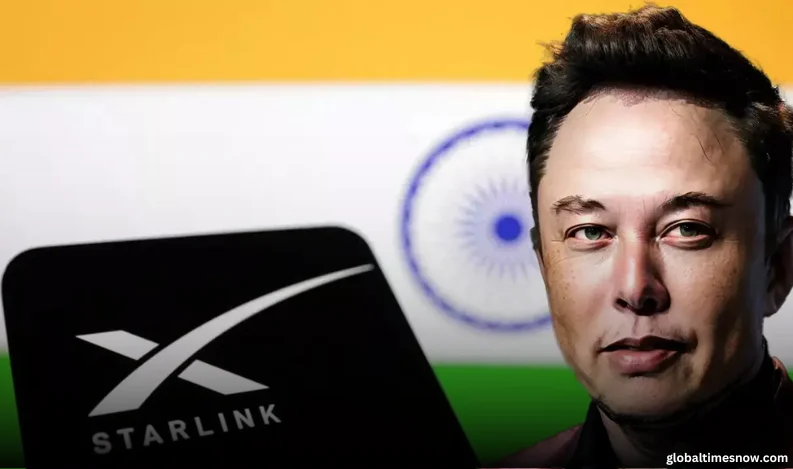New Delhi, India – SpaceX’s satellite internet service, Starlink, has officially secured access to the Indian market through landmark deals with Reliance Jio and Bharti Airtel, the nation’s two dominant telecom players. The agreements mark a major breakthrough for Elon Musk, who has been working to establish a foothold in India’s booming digital economy.
Strategic Deals with Jio and Airtel
According to sources familiar with the matter, Musk’s recent meeting with Indian Prime Minister Narendra Modi played a pivotal role in securing government approval for Starlink’s entry.
The partnership with Mukesh Ambani’s Reliance Jio and Sunil Mittal’s Airtel allows Starlink to leverage existing telecom infrastructure instead of competing independently. This approach is expected to accelerate the rollout of satellite-based broadband services, particularly in India’s rural and underserved areas, where internet access remains limited.
Musk’s Influence in Washington A Key Factor
While Musk has previously discussed space and satellite technology with Indian officials, sources indicate that his close relationship with U.S. President Donald Trump may have influenced India’s reconsideration of the Starlink deal.
This development comes at a time of tense trade relations between the U.S. and India, with Trump recently threatening reciprocal tariffs on Indian exports. Despite ongoing trade negotiations, the Starlink agreements are seen as a significant win for Musk, providing him access to one of the world’s largest and fastest-growing digital markets.
Challenges and Regulatory Hurdles
Although the deals with Jio and Airtel signal progress, Starlink still faces several regulatory obstacles in India. The company has yet to obtain a communications license, a requirement that the Indian government is currently reviewing.
Additionally, questions remain about how Starlink’s new partnerships will impact existing telecom strategies. Reliance Jio had previously announced a joint venture with SES, a Luxembourg-based satellite firm, while Airtel has a long-standing alliance with Eutelsat OneWeb. It remains unclear whether these companies will abandon their initial satellite plans in favor of Starlink.
Affordability Concerns in a Price-Sensitive Market
One of the biggest hurdles for Starlink will be pricing.
- Starlink’s current service in the U.S. costs around $110 per month, a figure well above the price of Jio and Airtel’s most affordable broadband packages in India.
- Jio, for example, offers annual Wi-Fi plans that cost less than Starlink’s monthly fee.
Industry experts suggest that Starlink’s long-term success will depend on whether it can offer competitive pricing or receive government subsidies to make broadband access more affordable for rural users.
A New Opportunity for U.S. Companies?
Historically, India has been a challenging market for U.S. companies due to protectionist policies and stiff competition from local firms. However, experts believe the Starlink deal could mark a turning point.
“India has been tough for American businesses, but this might be a new dawn,” said Eliot Pence, former head of international at defense technology firm Anduril.
With India’s venture capital market surging and foreign investments in the country’s digital economy growing, Starlink’s entry could pave the way for other U.S. tech firms to strengthen their presence in India.
Looking Ahead
While Musk’s influence helped Starlink gain initial approval, its long-term success in India now rests on the support of Ambani and Mittal—two of the most powerful figures in the country’s telecom industry.
As regulatory decisions unfold, the Indian market will be watching closely to see whether Starlink can overcome its challenges, lower its pricing, and truly revolutionize internet access in India.























